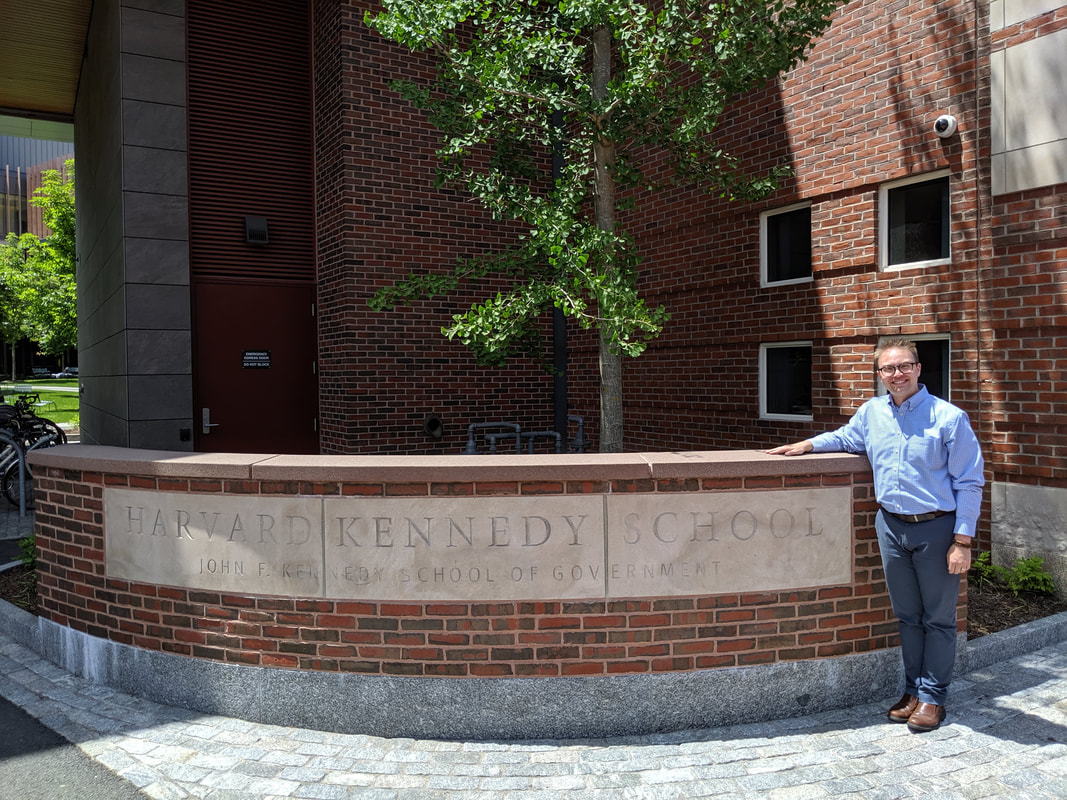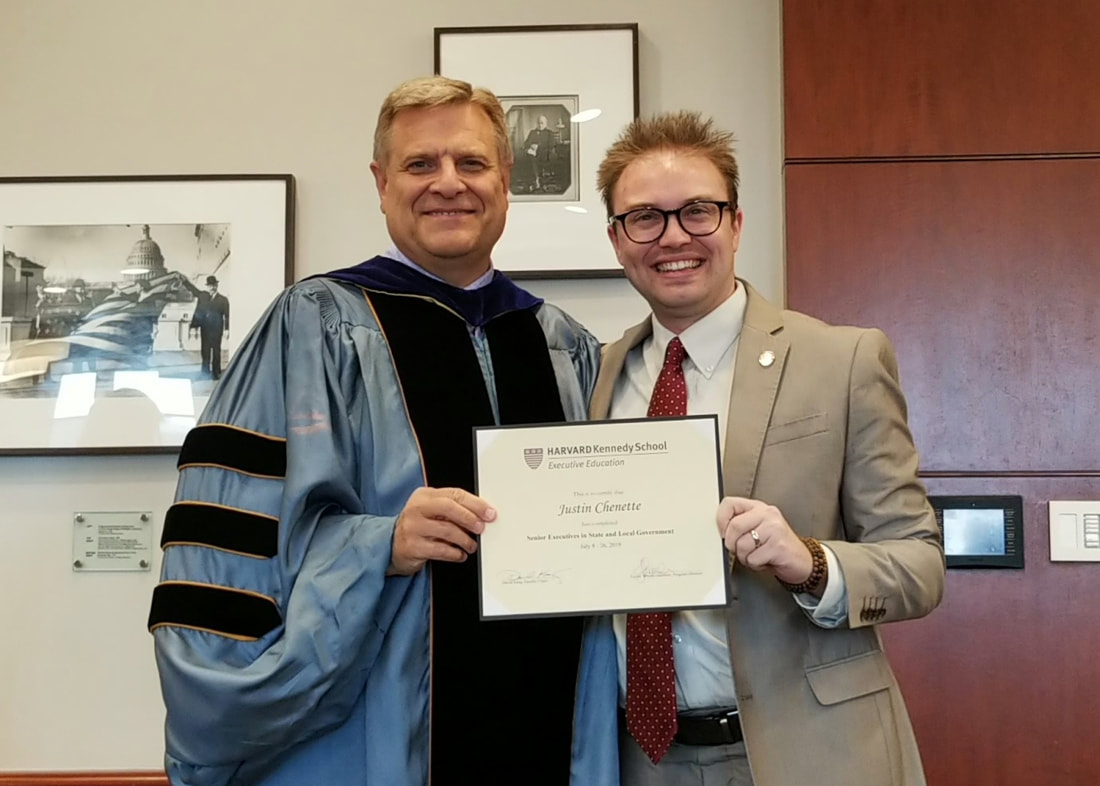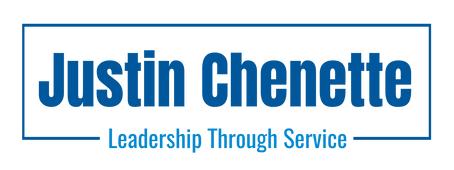 This past July, I spent almost an entire month in Cambridge, Massachusetts. Why? To take on a once in a lifetime opportunity to attend Harvard University’s Kennedy School of Government. The Victory Institute and the David Bohnett Foundation named me a leadership fellow and awarded me a full ride scholarship to graduate from the Senior Executives in State nd Local Government program at Harvard. This 3-week leadership development program was transformational. It was a balance of traditional and hands-on learning experiences to help fellow public officials better address the concerns of our constituents and communities. Here are a few concepts highlighted in the program: • Challenge assumptions about how to exercise leadership in the public sector. • Develop new conceptual frameworks for addressing policy issues. • Examine innovative partnerships and new models of collaborative governance. • Explore the relationship between citizens and their government. • Understand the behavioral dimensions of decision making. • Exchange ideas with experienced faculty and a diverse group of colleagues. There were over 70-plus leaders in varying roles coming in from all over the world. City managers, county administrators, firefighters, police captains, commissioners, and elected and appointed officials made up the cohort. There were folks from Australia, Iceland and Ireland and almost every state represented. Maine was well represented with fellow Sen. Lisa Keim, Assistant Executive Director Board of Medicine Licensure Tim Terranova, and Hallowell City Manager Nate Rudy all joining me. Spending a month down in Cambridge was a commitment for sure, but the dedicated professors and talented colleagues from all over the world made it extra special. Our shared and different experiences enhanced the experiential learning inside and outside the classroom. The diversity of the group really helped to frame discussions from different perspectives. It helped to break down typical political barriers to vulnerability and honesty and it contributed to a better understanding across all types of backgrounds. Professors, like David King and Marty Linsky, were brought in to engage us on a number of topics and demonstrations of best practices including policy modeling, recognizing and avoiding group think, structured decision-making techniques, and governing in an increasingly polarized society. There were also a number of activities used to disrupt our thinking to go outside the box and make us get outside our comfort zones. One of the simulations I felt most useful had to do with negotiations. Learning how to trade, recognize, and respect differences throughout a negotiation whether it be one-on-one or multi-level stakeholder situations.
We had to embrace varying roles in the process, oftentimes on the opposite view of where we might be politically. A common misconception is that people with titles exercise leadership. This isn’t always the case. It’s about your ability to go beyond your scope of authority, beyond your role, to exert change through immense resistance. If you never have dissonance, you have never have forward progress. To be a change agent, you need to be relentlessly optimistic but brutally realistic. This was one of the most important lessons I gleaned from our classroom discussions and seems to accurately reflect my time in the legislature. Another important lesson has to do how you interact with others. I’ve always contended that your values and facts on an issue should yield to positive benefits or outcomes. That the shear breakdown of an issue should move someone to action, but it’s not just about the merits of an issue, but about the human dynamics at play. Learning to navigate the politics of interpersonal drama and politics at the state house is just as important as advocating for a set of policy points. It’s not always easy, but critical to recognizing why there may be resistance to legislation or a policy even though there are shared values at stake and even the same side of the aisle. It’s important to think critically about your choices and actions and how you are responding and reacting to others throughout the process. I never would’ve thought growing up that I’d have an opportunity to attend Harvard let alone join an esteemed list of alumni. I now have a strong network of talented leaders that I can call upon to bounce ideas off one another and to seek advice from. In the daily hustle and bustle, it’s easy to be laser focused on your to-do list. It’s hard to take a step back and analyze how you are operating and evaluate your effectiveness and overall goals. This experience has given me a greater clarity of purpose and helped me refine my communication, teambuilding, and leadership skills to better serve our community and state. I’m filled with hope, passion, advice, and renewed vigor as to why I got into politics to begin with. I’ll leave you with this quote from President John F. Kennedy that rings true for me: “…the educated citizen has an obligation to serve the public. He may be a precinct worker or President. He may give his talents at the courthouse, the State house, the White House. He may be a civil servant or a senator, a candidate or a campaign worker, a winner or a loser. But he must be a participant and not a spectator.” Justin Chenette is serving his second term in the Maine Senate representing Saco, Old Orchard Beach, Hollis, Limington and Buxton. He is the chair of the Government Oversight Committee, co-chair of the Democracy Reform Caucus, and a member of the Environment & Natural Resources Committee. He is also a Citizen Trade Policy Commissioner. Outside the Legislature, Justin is a Realtor with the Bean Group, Marketing Coordinator of Saco Sport & Fitness, and is Vice President of Saco Main Street. Follow updates at www.justinchenette.com.
0 Comments
Leave a Reply. |
Beyond the HeadlinesWeekly Column featured in The Biddeford-Saco-OOB Courier Newspaper by Rep. Justin Chenette of Saco Archives
September 2021
Categories |


 RSS Feed
RSS Feed
